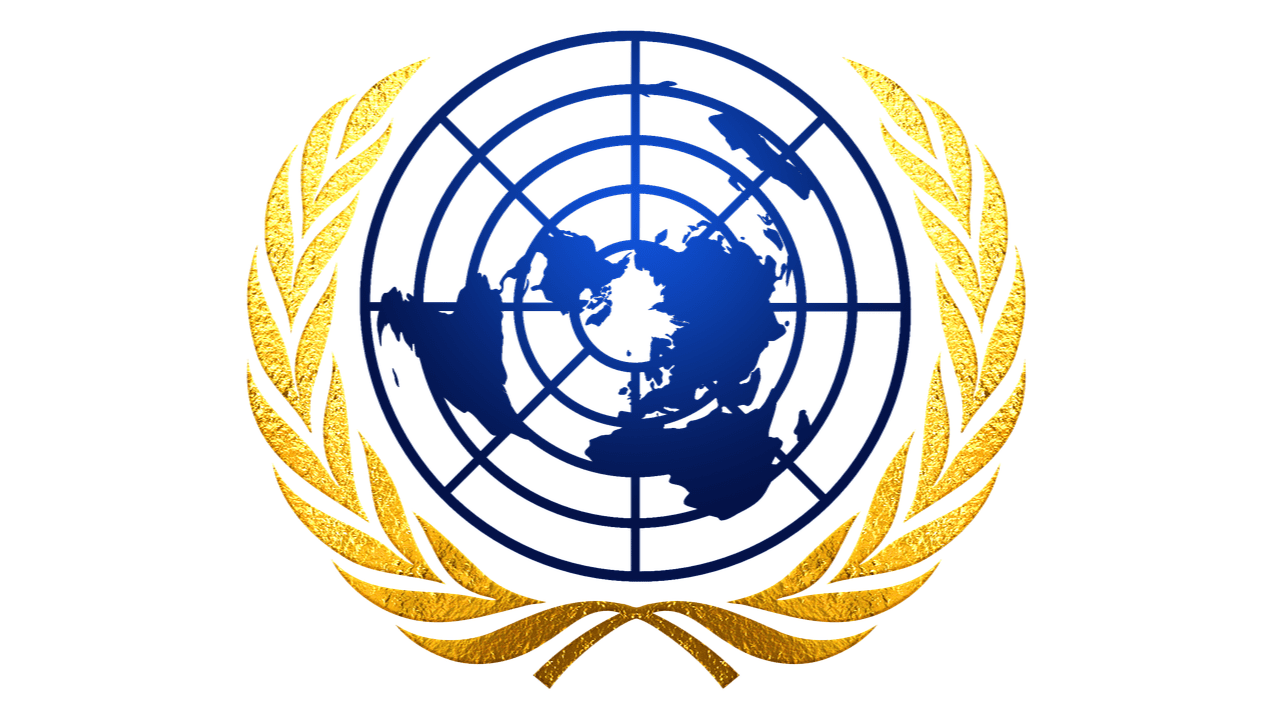A world government is in the making, and we desperately need one. Why?
The world today is in turmoil, and our current global governance infrastructure (the UN, the International Court of Justice (ICJ), etc.) has proven itself unable to rise to the challenge, despite its best efforts. The undemocratic and ineffective UN Security Council, where five permanent members wield a veto that can block any binding resolution related to peace and security, routinely fails to prevent international political conflict. For example, Russia, a permanent member of the Council, has repeatedly blocked resolutions related to the Russian invasion of Ukraine. Individual countries, especially the US, Russia, and China, are not sufficiently held accountable when they don’t adhere to the provisions of international climate change or nuclear weapons control/disarmament treaties. This was the case when the US pulled out of the Paris Accords and Russia refused to support a recent UN version of the Treaty on the Non-Proliferation of Nuclear Weapons (NPT). Human rights violations abound despite the Universal Declaration of Human Rights and the International Covenant on Civil and Political Rights.
Why are our international institutions incapable of addressing these threats to global security?
The reason is that one desperately-needed element is missing from the global security architecture: international law. As esteemed world federalist and Nuremberg War Crimes Trial prosecutor Benjamin Ferencz stated, “the only way to… solve the problem of war… is to replace the law of force with the force of law.” The law of force characterizes today’s international system as countries exercise absolute sovereignty and can invade other nations, disregard international treaties, and abuse their citizens or migrants with impunity. And, when other countries attempt to de-escalate a crisis or urge the offending government to obey international norms and declarations, there is little that can be done beyond condemning the country at the UN or imposing sanctions, which hurt the entire country. And that is the way of a world governed by the law of force… injustice leads to more injustice.
A democratically elected world government can end this cycle of injustice by providing stability and security in a chaotic international environment desperately in need of some sanity. It would do this by requiring that each country’s national military be reduced to what is required for internal policing, diverting military budgets into domestic infrastructure that will enhance citizens’ quality of life. An “international peacekeeping force” would be created to enforce world law and prevent interstate conflict as part of an international “executive branch.”
But do not despair! A world government is more than feasible; it is in the works.
History has demonstrated that, as economic and technological change transformed countries, their political system likewise changed to safeguard people’s rights and security. Sovereignty resided in clans and tribes, then towns, cities, dynasties, and nation-states as socioeconomic conditions obligated people to entrust their security to more centralized governments with greater jurisdiction, capable of preventing internal conflict. The most recent “socioeconomic conditions”- the Industrial Revolution, the development of the atomic bomb, and the digital revolution- have given rise to a technological, economically, and physically interconnected world that needs an interconnected world government capable of protecting us all from the ripple effects of the abuses caused by absolute sovereignty. The most extreme case of absolute sovereignty annihilating the world is a country unilaterally starting a nuclear war.
This historical and inevitable transfer of authority to higher levels of government with greater jurisdiction is exemplified by American history when the Constitutional Convention of 1787 formed a federal government despite some delegates’ objections. This federal government worked to ensure internal unity and stability by preventing the South from destroying the United States to preserve slavery and- despite failing to prevent many human rights abuses against African Americans and other marginalized groups- eventually successfully passed landmark legislation like the Civil Rights Act of 1964 that moved the needle toward greater justice and equality for all. And this was done while protecting states’ rights, just as a world government would protect national sovereignty. Were it not for a strong, centralized government, the separate states would probably have failed to effectively address the secession challenge and slavery might not have been abolished. So, while a world government, like the US government, would not be perfect, it would provide internal stability and unity and make universal declarations of human/civil rights- in addition to international treaties that address shared global challenges- legally binding.
Fortunately, people are recognizing the inevitability of a world government.
Already nations are demanding UN Security Council reform to challenge the undue influence afforded to a handful of lucky countries, urging that the more democratic General Assembly play a greater role in UN resolutions regarding peace and security. There are vibrant global campaigns to establish a UN Parliamentary Assembly whose decisions would be binding, and to strengthen international courts like the International Criminal Court. The movement for world federalism, led by the World Federalist Movement/Institute for Global Policy, is rapidly growing, with thousands of politicians all over the globe supporting the movement and new organizations like Atlas and Young World Federalists joining the cause.
When enough people exert enough pressure on their national governments to call for a world government, there will be a world government. Let’s hope, for the sake of the coming generations, that enough people wake up before it’s too late.


























